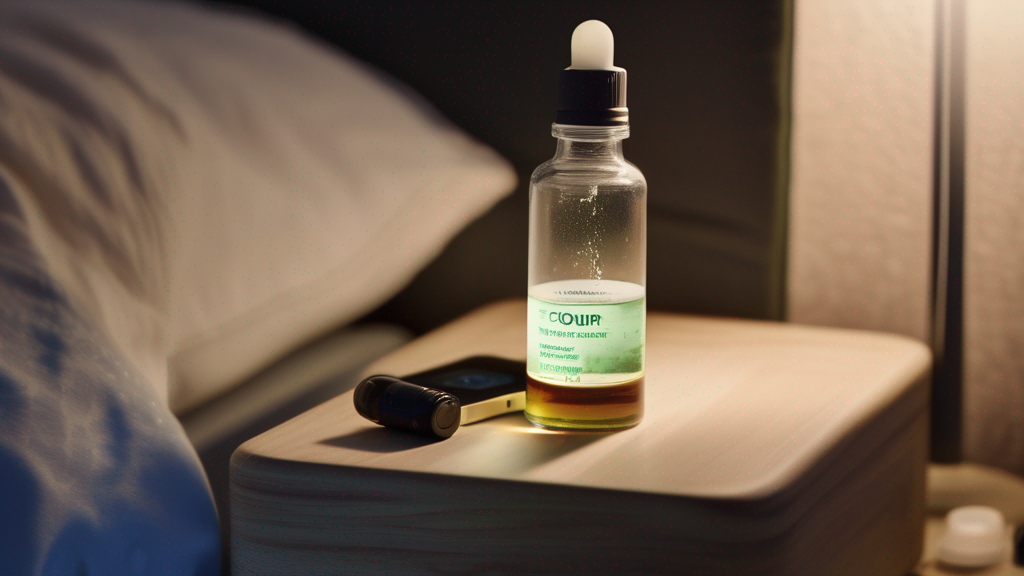In most circumstances, yes.
Sleeping with a tampon in is obviously more pleasant than sleeping with a pad. However, in order to preserve safety, you should always insert a fresh tampon before going to bed, and make sure that it suits the heaviness of your flow.
Table of Contents
Is it safe to sleep with a tampon in all night?
One of the most serious consequences of keeping a tampon in for an extended period of time is toxic shock syndrome (TSS). TSS is an uncommon but potentially fatal bacterial illness. Many women believe that bacteria might grow if a tampon is left in for too long.
Staph bacteria, strep bacteria, or Clostridium sordelli can all cause TSS. Because your vagina already contains natural bacteria, you may believe that exposing yourself to these germs would simply increase your chances of having TSS or that the bacteria will be confined there by a tampon – however this isn’t always the case.
If you wear a more absorbent tampon than is required, you are more likely to get TSS. That is why I always advocate using a tampon that is appropriate for your flow. If you use the most absorbent tampon for a very little flow, you’ll probably think about changing it less frequently. You also risk drying out your vaginal mucous, which allows more germs to enter the body.
TSS is not directly related with tampon use, which is crucial to understand. TSS may occur each time germs enter your body through a wound or burn, or with viral illnesses such as the common cold and flu.
TSS is no longer as frequent in tampons as it once was, thanks to the Food and Drug Administration (FDA) recalling tampons containing chemicals such as polyester foam and carboxymethylcellulose.
When your flow is heavy, use greater absorbency tampons as a general guideline. Tampons should be changed at least every four to eight hours. If you have a high flow, replace as often as necessary.
TSS is an uncommon condition. In fact, the most common complaint I hear from patients who keep their tampons in for too long is an unpleasant vaginal odor.
It is OK and safe to sleep with a tampon in place as long as you use the appropriate absorbency for your flow.
Can you sleep with a tampon?
If you do decide to use a tampon to bed, here are some safety tips:
1. Insert the tampon soon before going to bed.
If you’re going to use a tampon at night, insert it shortly before you go to bed. If you put it in a few hours before night, you may unintentionally add hours to your tampon wear, pushing you beyond the 8-hour line.
2. Select the appropriate absorbency for your flow.
Then there’s the problem of leaking. Many ladies discover that they need to replace their tampons every 4-6 hours, especially on days when they have strong flow.
However, you should sleep for more than 4-6 hours. Because nighttime is such a long amount of time, whether or not you can sleep with a tampon in depends on how well you know your period. You’ll know if you want to attempt a stronger absorbency for nighttime wear as you understand more about your flow.
3. Set a timer
Not sure if you’ll wake up after eight hours of tampon use? Set a timer. You’ll be sure to wake up in time to replace your tampon and stay under the 8-hour restriction this way. If you have a habit of sleeping through your alarm, you should use a pad instead of a tampon.
4. For added security, wear a pantyliner.
If you have a very heavy flow, consider combining a tampon with a panty liner, such as ALWAYS Dailies Fresh & Protect, for further nighttime protection.
5. Put on Tampax to prevent leaks.
If you’re a pro and know you won’t leak overnight, just use a tampon by itself.
Tampax are perfect for longer wear since they provide you the flexibility and confidence to sleep without worrying about leaks. Overall, you can sleep with a tampon in if you’re careful and remember to replace it on time.
What if I wear my tampon for more than 8 hours?
Remove your tampon right away. Although TSS infection is exceedingly rare and is not usually connected with menstruation, the following symptoms should be avoided:
- Dizziness
- High fever with no warning
- Diarrhoea
- Vomiting
- Muscle pain
- Rash like sunburn
- Throat discomfort
- Standing fainting/near fainting
If you have any of these symptoms, get medical attention right once. Inform your doctor about your symptoms, that you were using tampons, and that you believe you have TSS.
What happens if you sleep with a tampon in your pocket?
We hope nothing bad happens if you sleep with a tampon in, but using tampons for longer than suggested without changing them might increase your risk of TSS. TSS is caused by bacteria that develop within your body and release toxins. Wearing a tampon for too long or with too much absorbency for your flow might encourage the growth of germs within your body.
TSS is an uncommon but dangerous condition that can possibly be fatal. It should never be brushed aside. The symptoms might appear unexpectedly and rapidly worsen. Because of the nature of TSS and how dangerous it can be in such a short period of time, it’s a good idea to take steps to reduce your chances of contracting the illness.





